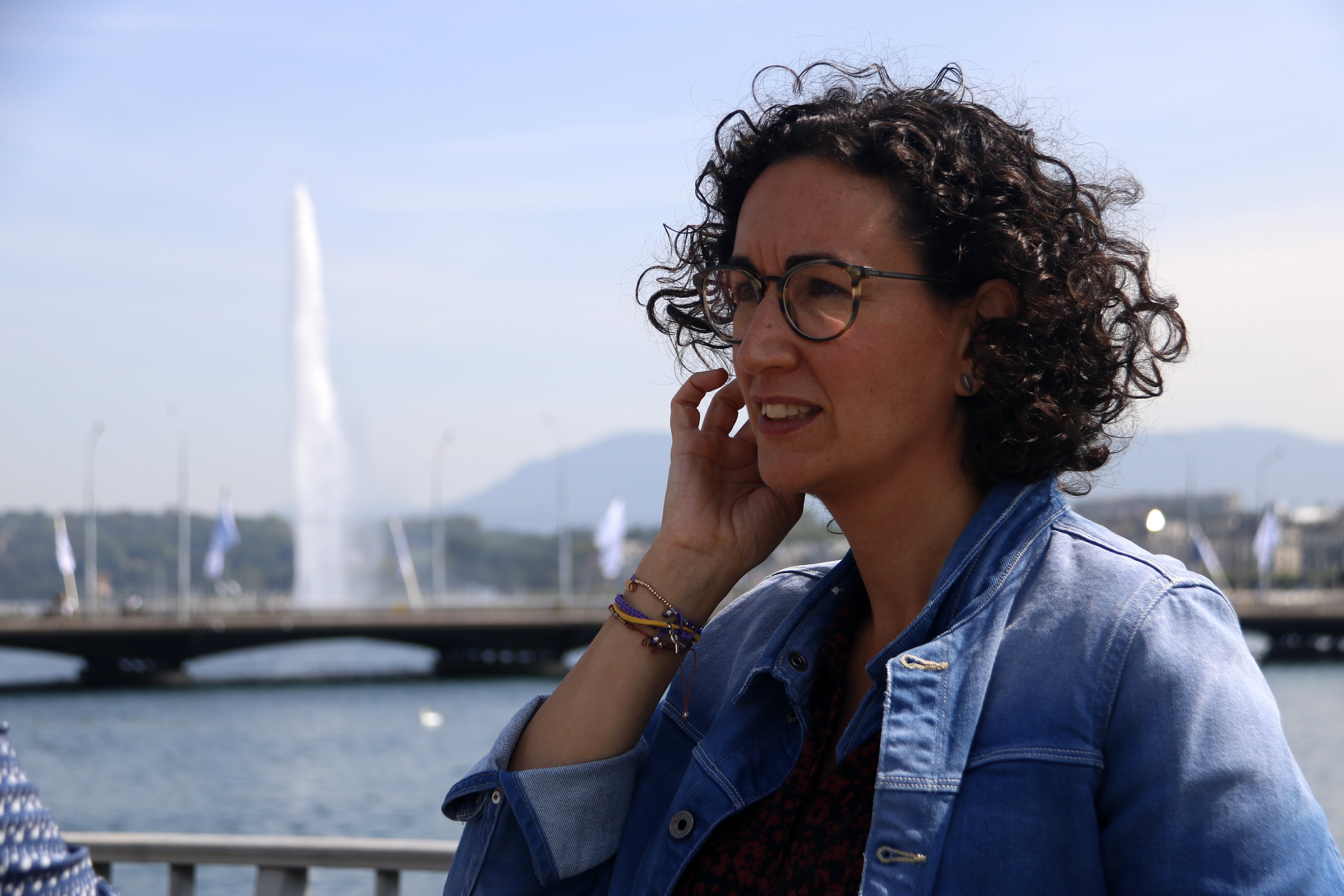ERC’s secretary general Marta Rovira is hardening her discourse on dialogue and putting pressure on the negotiating commission. The fact is that if talks fail, "neo-autonomism" will win, as Rovira told Catalunya Ràdio on Friday. A term already used by the CUP, not without reason, she said.
The republican criticised the Spanish state for trying to escape negotiations with the Catalan government through small gestures such as pardons or the bilateral commission. On one hand, the pardons are in "response to an international report", an obligatory reaction from the Spanish government to a firm condemnation of the situation of the political prisoners. On the other, the bilateral commission is "ordinary day-to-day management".
Optimistic about dialogue
These are "ways of escaping the political conflict". This is why Rovira considers the dialogue between the Catalan and Spanish governments so important, because "either the table works, or we are really entering a neo-autonomism in which Spain sets the agenda". It is clear, however, that the ERC Secretary General is very optimistic about the negotiations: "We cannot but reach a positive outcome: either a referendum is accepted or our position is legitimised".
"A referendum could be accepted: it was in Scotland and Quebec", Rovira said. The republican understands "people who may be sceptical", but she stressed that "a pact is best". "It is what is thought at the internationals level where, unlike here, there is no scepticism", she added.
Negotiation is better than dialogue
Rovira insisted that "sitting at the table does not mean we are giving up anything". "Let's give it a try", said the ERC leader, who made very clear that it is necessary to avoid dialogue "generating demobilisation". However, "it is falsely said that the negotiating table is putting the pro-independence movement to sleep. Never before have so many people given us support", she explained.
In fact, the Republican leader was not at all conformist. "Speaking of a ‘dialogue table’ weakens the position of the Catalan government, we have to talk about a ‘negotiating table’", she recommended. The objective is not to merely "dialogue and talk, but to raise the political conflict, to get it understood and resolved". All because of what she criticised before, the Spanish state "denies the conflict and wants to escape from negotiation".
"They are not sitting down of their own free will", Rovira pointed out, when she indicated that by agreeing to sit at the table "the Spanish government accepts that there is a political conflict between Catalonia and Spain". "It is the first time that it has recognised the existence of the conflict, just as it is the first time that we are a recognised party in the negotiations within the conflict", she added.
However, the ERC Secretary General made clear that "before choosing unilateralism, there must be much more support for it". A similar idea to the one Carme Forcadell already conveyed this week, in response to the declarations of Catalan vice-president Jordi Puigneró.

